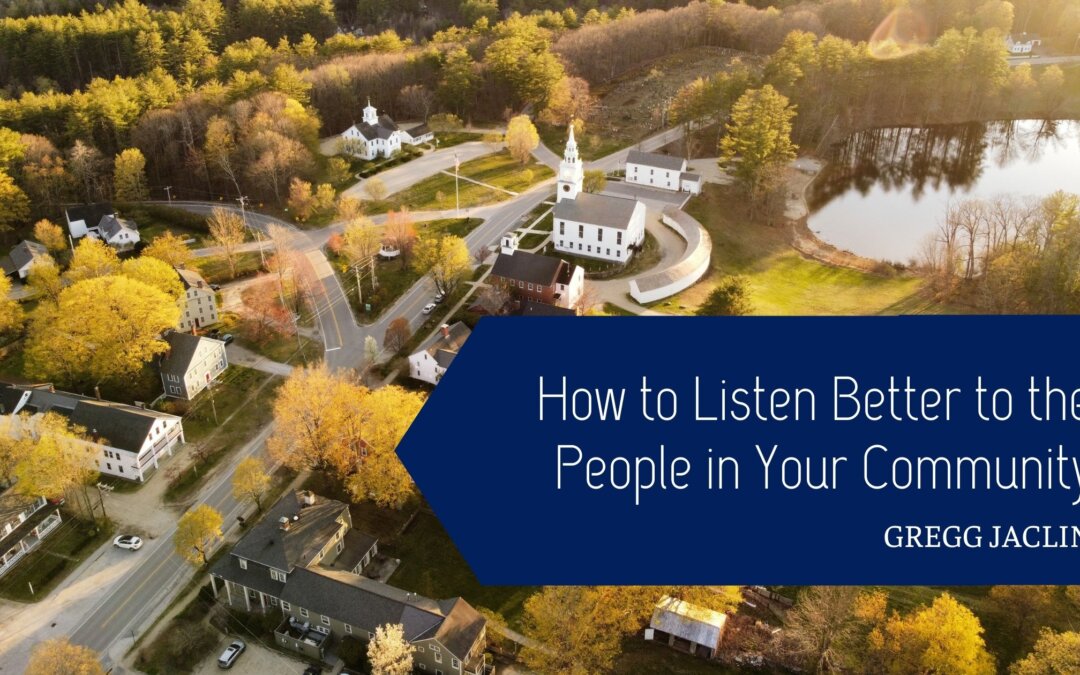Be Present
When engaging with someone in your community, being present is essential. This means putting aside distractions and actively listening to the other person’s words. Make eye contact, show interest, and avoid multitasking while you’re in a conversation. Being present will allow you to fully engage in the conversation and understand the other person’s perspective.
Practice Active Listening
Active listening is a technique that involves fully engaging with the speaker and seeking to understand their perspective. Pay attention to words, body language, and tone of voice. Repeat what you’ve heard to confirm your understanding, and ask follow-up questions to clarify any confusion. Active listening builds trust, which is essential for effective communication.
Be Open-minded
Approach conversations with an open mind, especially when engaging with people with different perspectives or experiences. Be willing to listen to alternative viewpoints, even if they differ. Avoid dismissing their ideas or opinions, and respect their thoughts and feelings.
Show Empathy
Empathy is the ability to commiserate with another person. When listening to someone in your community, put yourself in their shoes to grasp their perspective. Show that you care about their experiences and feelings, and validate their emotions. This can help build trust and create a more meaningful connection.
Avoid Interrupting
Interrupting can be a significant barrier to effective communication. When you interrupt someone, you’re not allowing them to finish their thought, which can lead to frustration and misunderstandings. Avoid interrupting when someone is speaking, and wait for them to finish before responding. This will show how much you respect the other person’s thoughts and opinions.
Take Action
Listening is just the first step in effective communication. Once you’ve listened to someone in your community, take action to address their concerns or needs. This can involve following up with them, seeking additional resources, or advocating for change. Taking action can demonstrate your commitment to the community and help build trust and respect.
Listening is critical to effective communication, especially when engaging with community members. By being present, practicing active listening, being open-minded, showing empathy, avoiding interrupting, and taking action, you can be a better listener and build stronger relationships with the people in your community. Remember that effective communication is two-way; listening is as essential as speaking. By listening to the needs and concerns of your community, you can better understand their perspective and work towards creating positive change.

